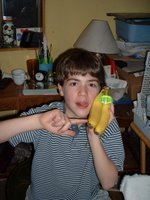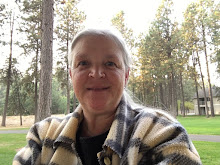- In gardening and agriculture, an heirloom plant is an open-pollinated cultivar that was commonly grown long ago, but has been largely supplanted in modern times by hybrid seed.

Vegetables and fruits that have been grown for decades and passed down from generation to generation have come to be known as Heirlooms or heirloom varieties.
- Some experts say that a seed needs to be a least 50 years old to be considered an heirloom. Others believe a seed can not be called an Heirloom unless it is 100 years old or more.
- Heirloom plants open-pollinate, which means they are able to reproduce themselves through their seeds, unlike hybrids, which will not yield the same plant from a seed grown from their fruit.
- Heirlooms are evolution at its best, as gardeners saved the seeds of their best-tasting and most healthy plants to plant in next year’s garden, allowing the plant to adapt to the region, micro-climate, and pests.
- Without the diversity of heirloom plants, with their unique evolutionary characteristics and resistances to diseases and pests, today’s crops—which rely on these varieties to breed resistance into modern crops—are at risk for infestations and epidemics.
- The movement to preserve heirloom cultivars has been with us since the 1970s, with non-profit organizations, university agricultural programs and seed manufacturers, as well as small-scale farmers and home gardeners, recognizing the value of keeping a little piece of our heritage alive through cultivating heirloom seeds.
- It may prove difficult to find Heirloom varieties in your local grocer or farmers' market. And if you do you will probably pay more as it is more difficult to grow and ship these products commercially. But to grow these precious commodities in our own gardens, while they might prove more challenging, is worth the effort. The hybrids, while widely available, have been bred for certain characteristics at the expense of many of the desirable attributes of the heirloom.
- I encourage you to try your hand at growing heirlooms, and start your own tradition of seed saving to pass on down to your own future generation of gardeners.
- To your 2007 garden,






